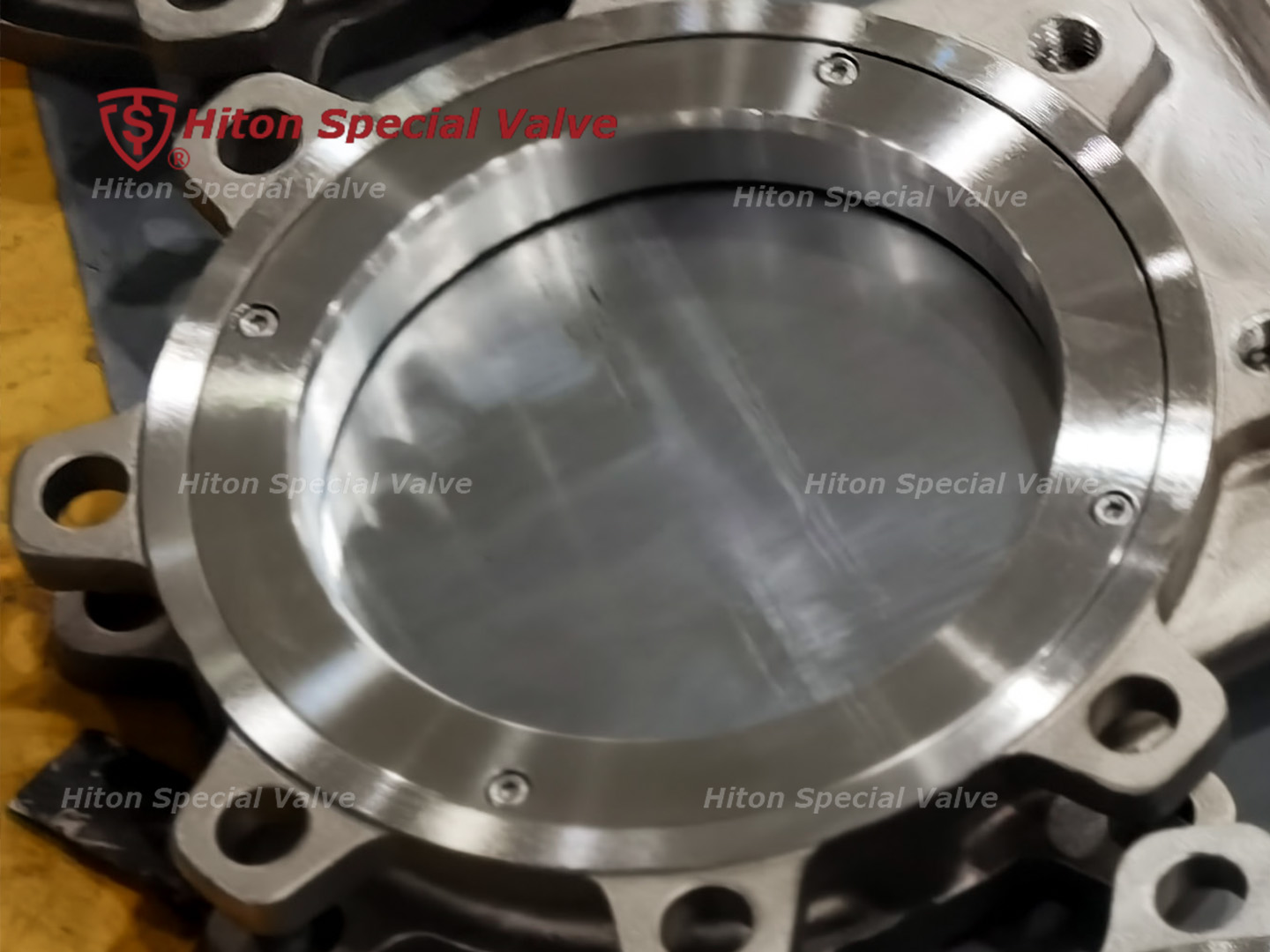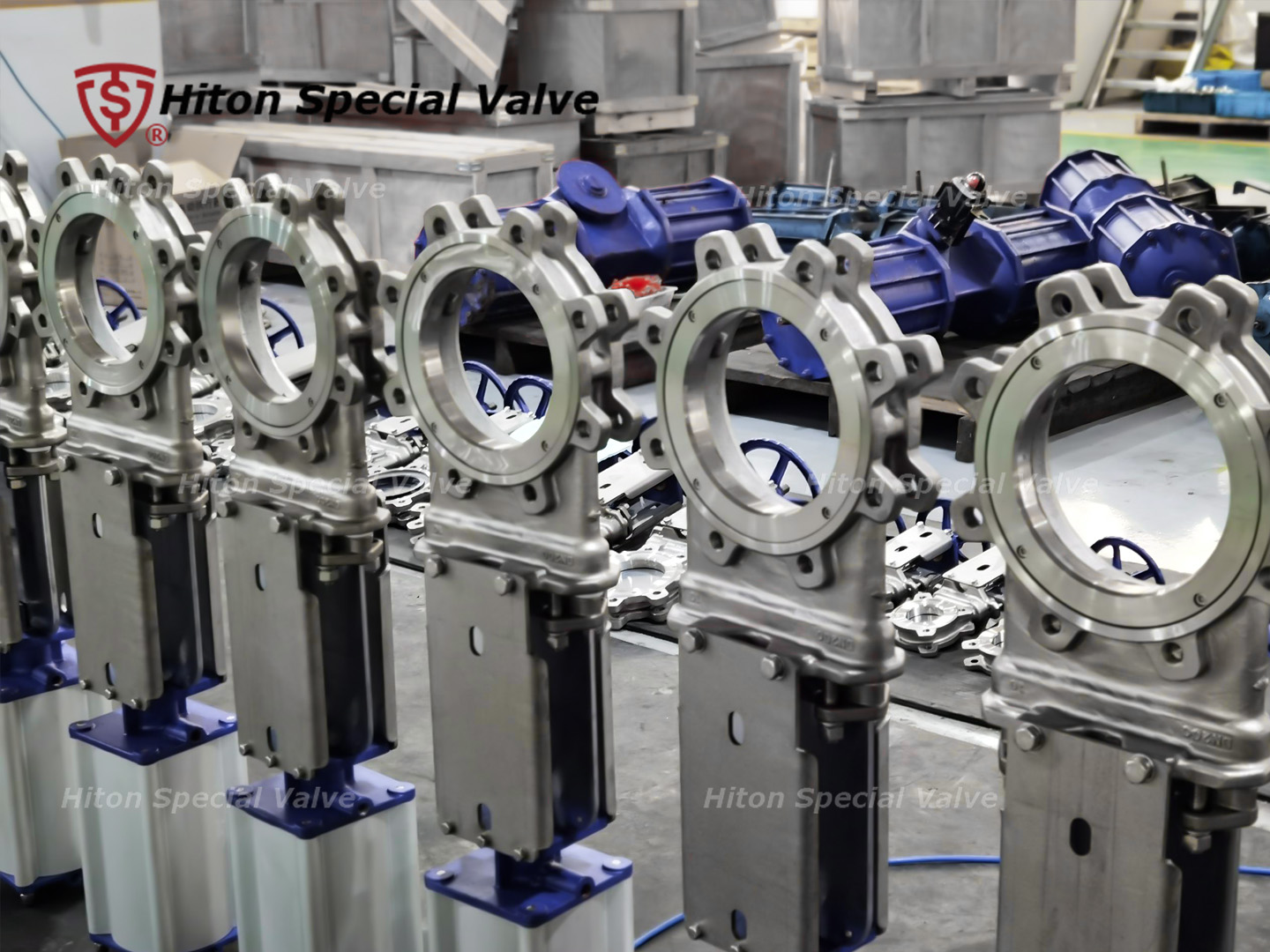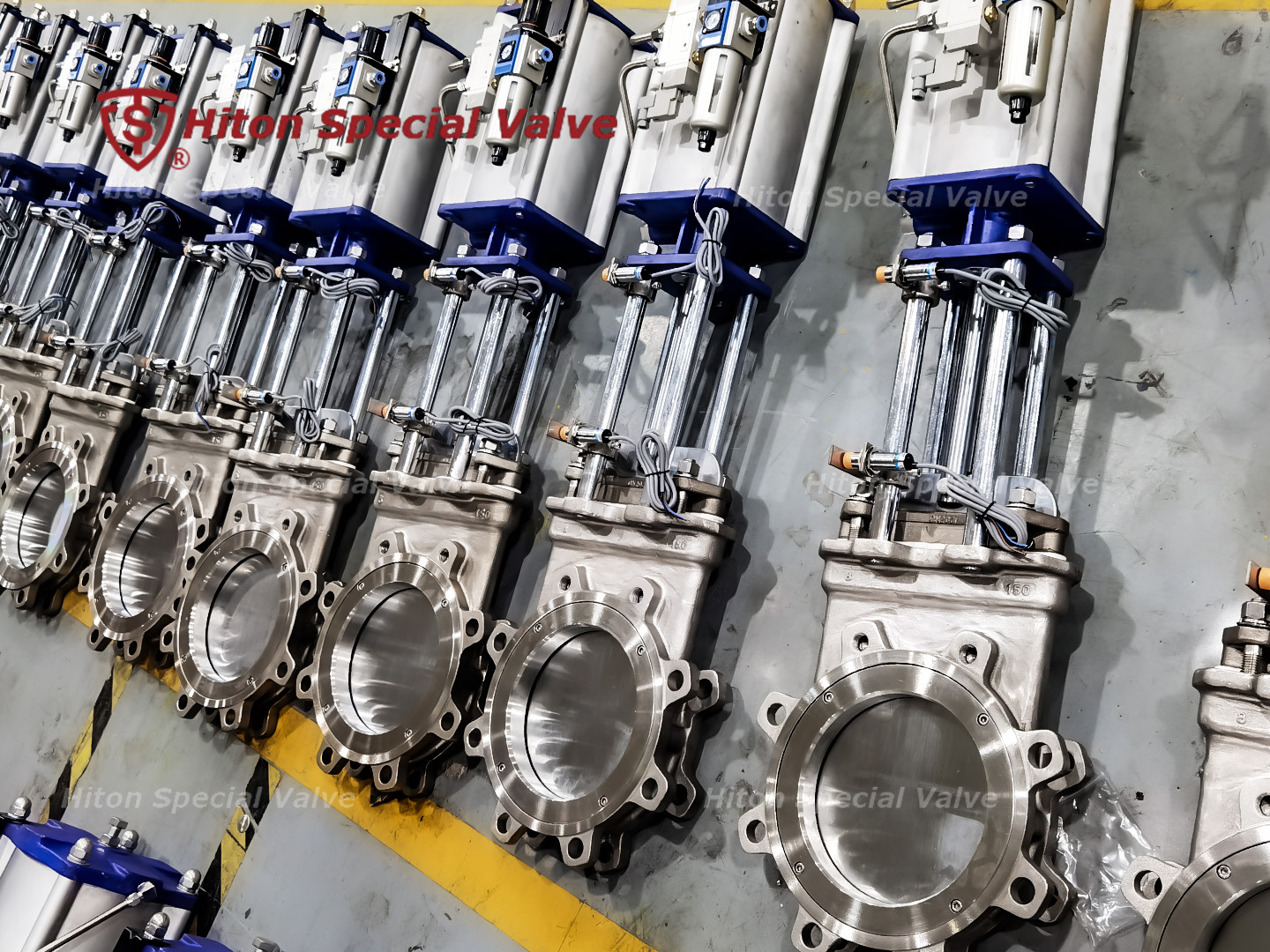Knife gate valves have widespread applications in the wastewater and sewage treatment industries, primarily due to their specialized design and capability to handle fluids containing solid particles. The following are the main applications of knife gate valves in these two sectors:
-
Wastewater Treatment Plants: Knife gate valves are commonly used in the pipeline systems of wastewater treatment plants to control the flow of wastewater. In the process of treating wastewater, the medium often contains particles, suspended solids, and other pollutants. The design of knife gate valves allows for the effective shut-off and control of the flow of these media.

-
Solid-Liquid Separation Systems: Knife gate valves are employed in solid-liquid separation systems in wastewater treatment, such as filtration and sedimentation equipment. The valve's structure enables rapid shut-off of fluid when needed for the processing and removal of solid waste.
-
Pumping Stations and Sewer Pipelines: In the sewage treatment process, knife gate valves are typically installed in pumping stations and pipeline systems to control the direction and flow of fluids. This is crucial for maintaining and managing the overall operation of sewage treatment systems.

-
Sludge Handling: Knife gate valves are widely used in the treatment of sewage containing sludge or sediment. The special design of the valve effectively handles fluid with solid particles, preventing blockages and damage to the valve.
-
-
Chemical Dosing Systems: Knife gate valves can also be utilized in chemical dosing systems during sewage treatment to ensure accurate introduction of chemicals into the sewage flow for treatment and purification.
-

In summary, the application of knife gate valves in wastewater and sewage treatment industries contributes to ensuring the stable operation of systems, improving processing efficiency, and reducing issues arising from solid waste and suspended particles.


















